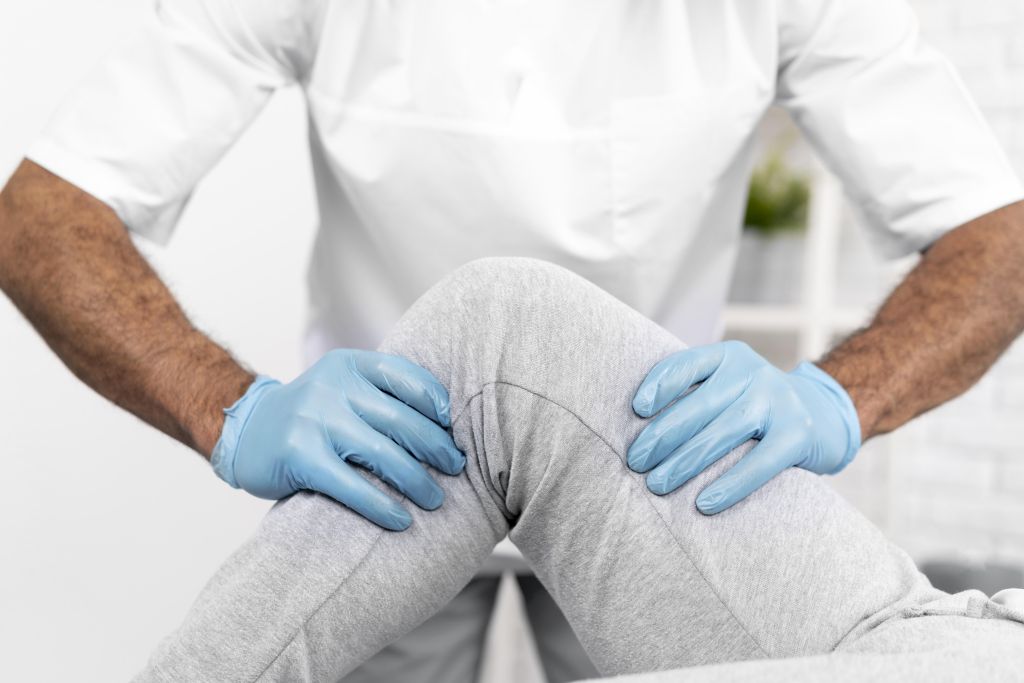The role of physiotherapy in orthopedic recovery
Home » The role of physiotherapy in orthopedic recovery

The Role of Physiotherapy in Recovery A Therapeutic Symphony
Alleviate Pain and Discomfort:
Restore Range of Motion:
Rebuild Strength and Endurance:
Enhance Mobility and Coordination:
Prevent Recurrence and Future Injuries:
The Scope of Physiotherapy in Orthopedics: Beyond the Surface
In orthopedics, the scope of physiotherapy extends beyond the immediate recovery phase. Physiotherapists collaborate with orthopedic surgeons, nurses, and other healthcare professionals to provide holistic care that addresses not only the physical aspects but also the psychological and emotional components of the patient’s journey. This collaborative approach is evident at the Asian Joint Reconstruction Institute, where a seamless integration of orthopedic expertise and physiotherapeutic interventions creates a nurturing environment for patients.
Physiotherapy in Rehabilitation and Restoration: A Personalized Approach
Rehabilitation and restoration are at the heart of physiotherapy’s mission. Through personalized treatment plans, physiotherapists adapt their interventions to meet the specific needs and goals of each patient. The journey to recovery involves:
Assessment and Goal Setting:
A comprehensive assessment is conducted to understand the patient’s condition, followed by collaborative goal setting to define the path to recovery.
Individualized Treatment Plans:
Tailored exercises, manual therapy, and other modalities are incorporated into individualized treatment plans, ensuring a targeted and effective approach.
Progress Monitoring and Adjustments:
Regular monitoring of progress allows physiotherapists to make necessary adjustments to the treatment plan, ensuring that it evolves with the patient’s improving condition.
How Physical Therapy Acts as a Catalyst for Recovery: A Therapeutic Symphony
Physiotherapy serves as a catalyst for orthopedic recovery by fostering a dynamic interplay between patient and therapist. The hands-on nature of physiotherapy, coupled with patient education and empowerment, creates a harmonious symphony that accelerates the recovery process.
Empowering Patients:
Physiotherapy goes beyond the clinic; it empowers patients with the knowledge and tools to actively participate in their recovery journey.
Building Resilience:
Through gradual progression of exercises, physiotherapy builds physical resilience, enabling patients to face the challenges of recovery with confidence.
Enhancing Quality of Life:
By addressing physical limitations and restoring functionality, physiotherapy significantly enhances the overall quality of life for orthopedic patients.
In the grand narrative of orthopedic recovery, physiotherapy emerges as a transformative chapter, guiding individuals towards a renewed sense of well-being and mobility. As we navigate the intricate steps of this therapeutic dance, the collaboration between the Institute of Orthopaedics and the Department of Physiotherapy at SIMS Hospitals exemplifies the commitment to excellence in multidisciplinary care.

